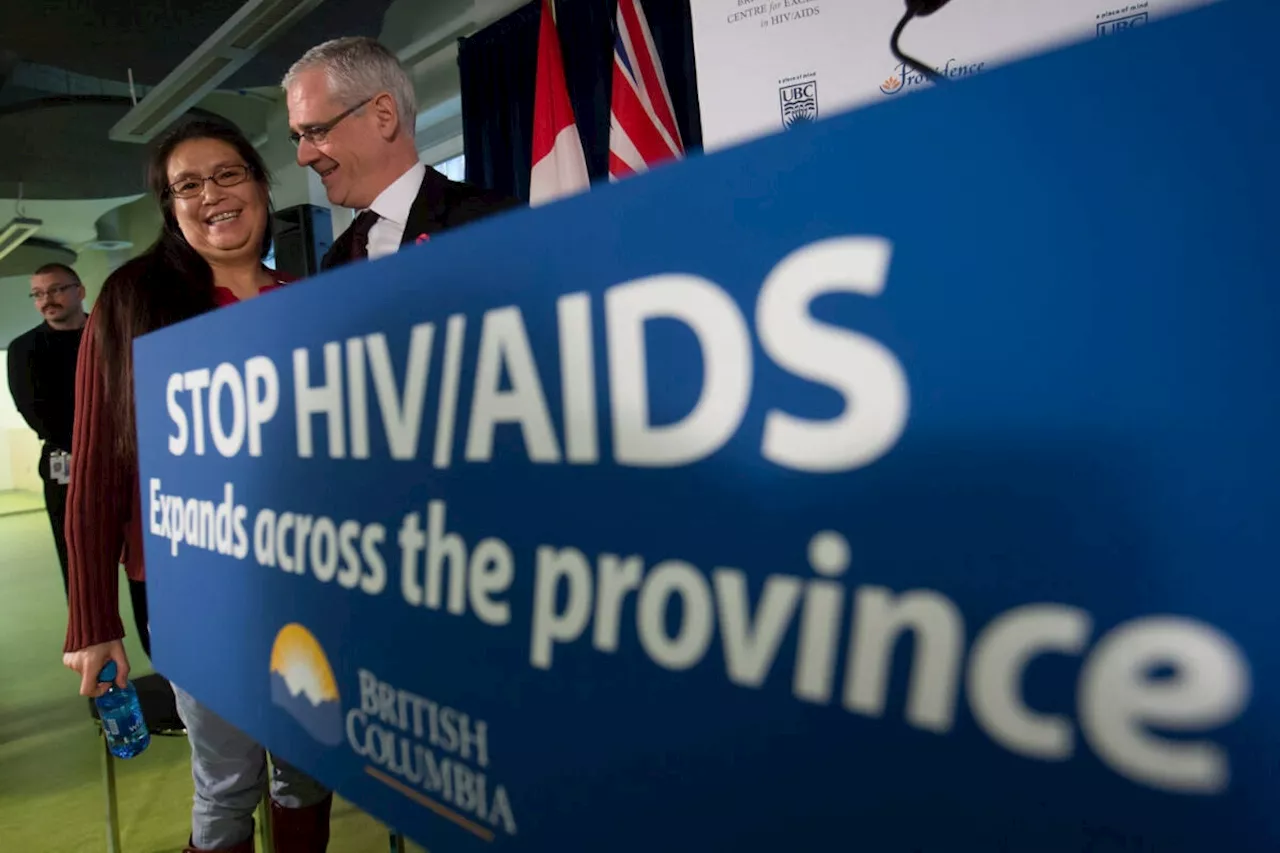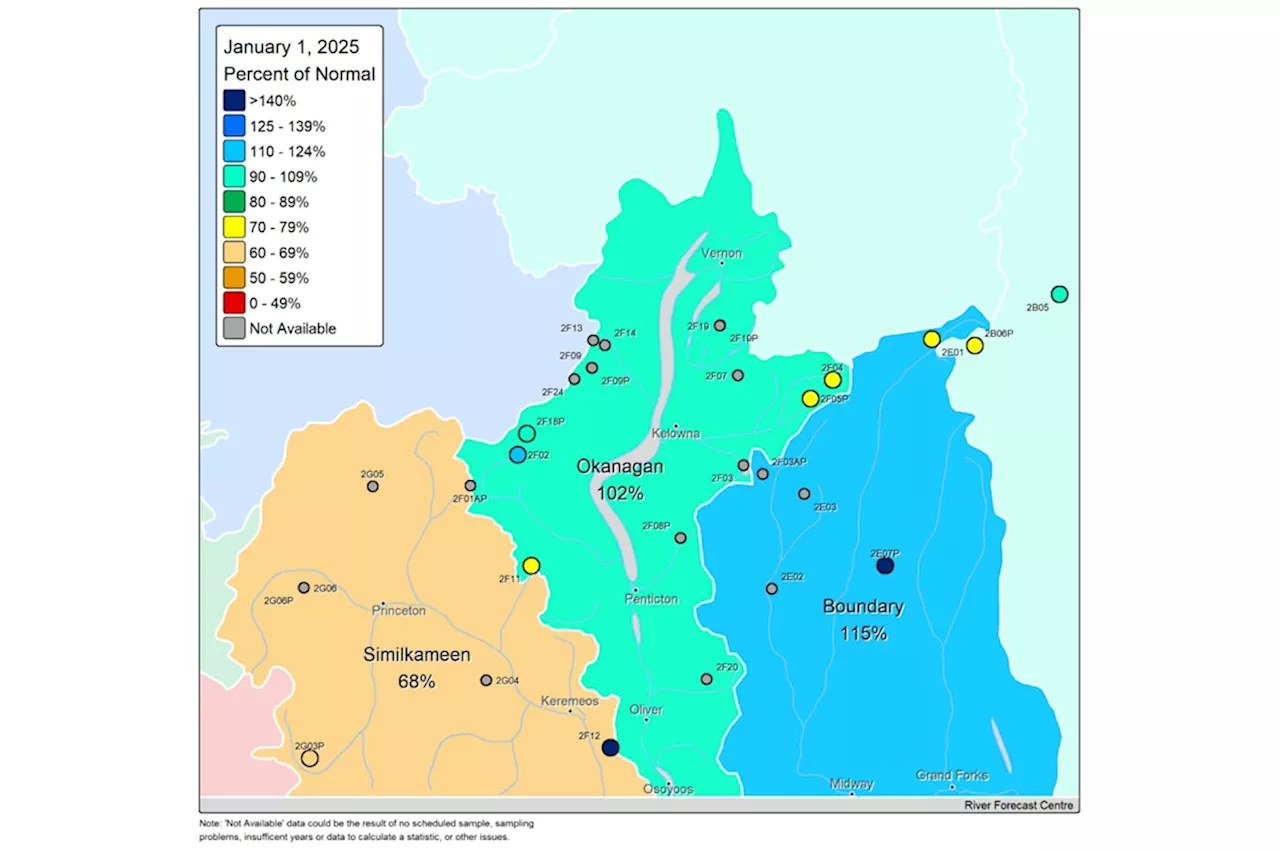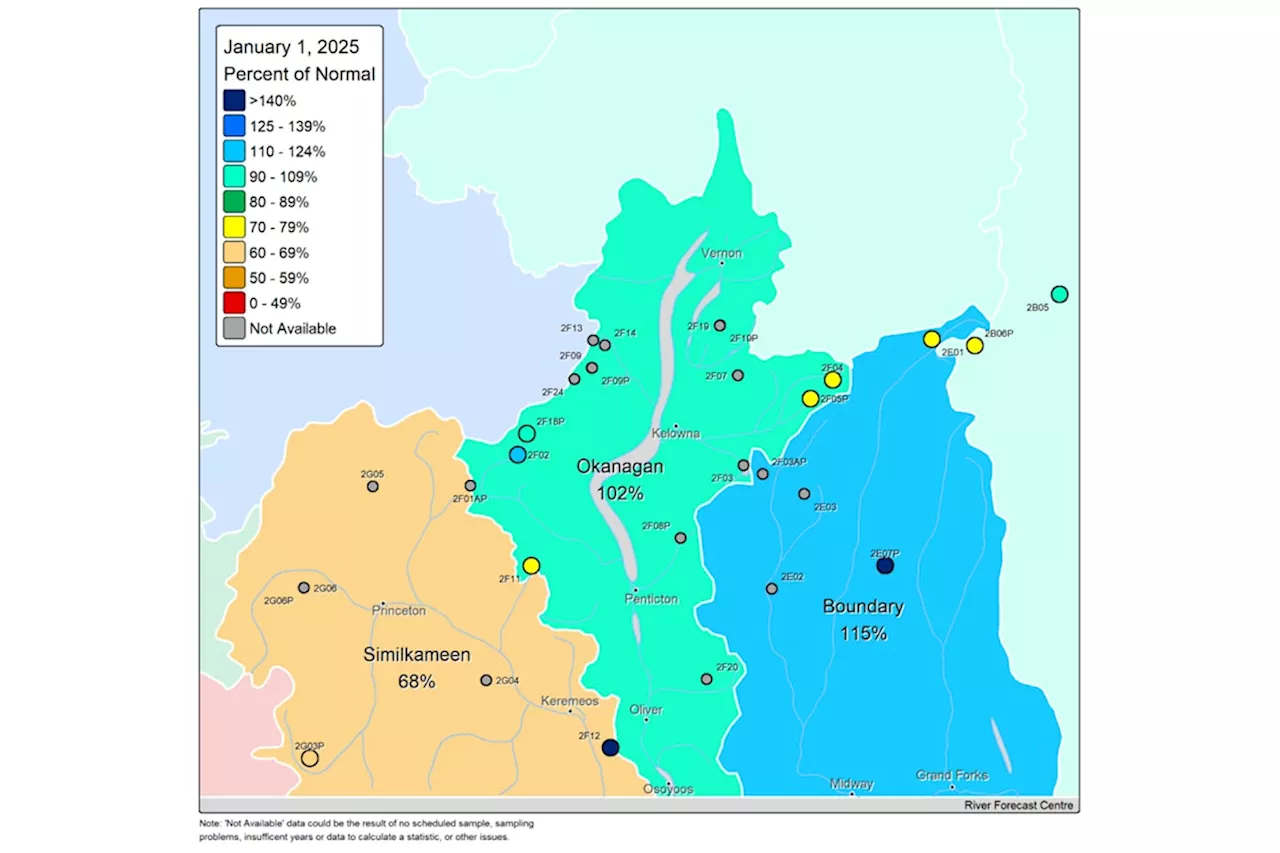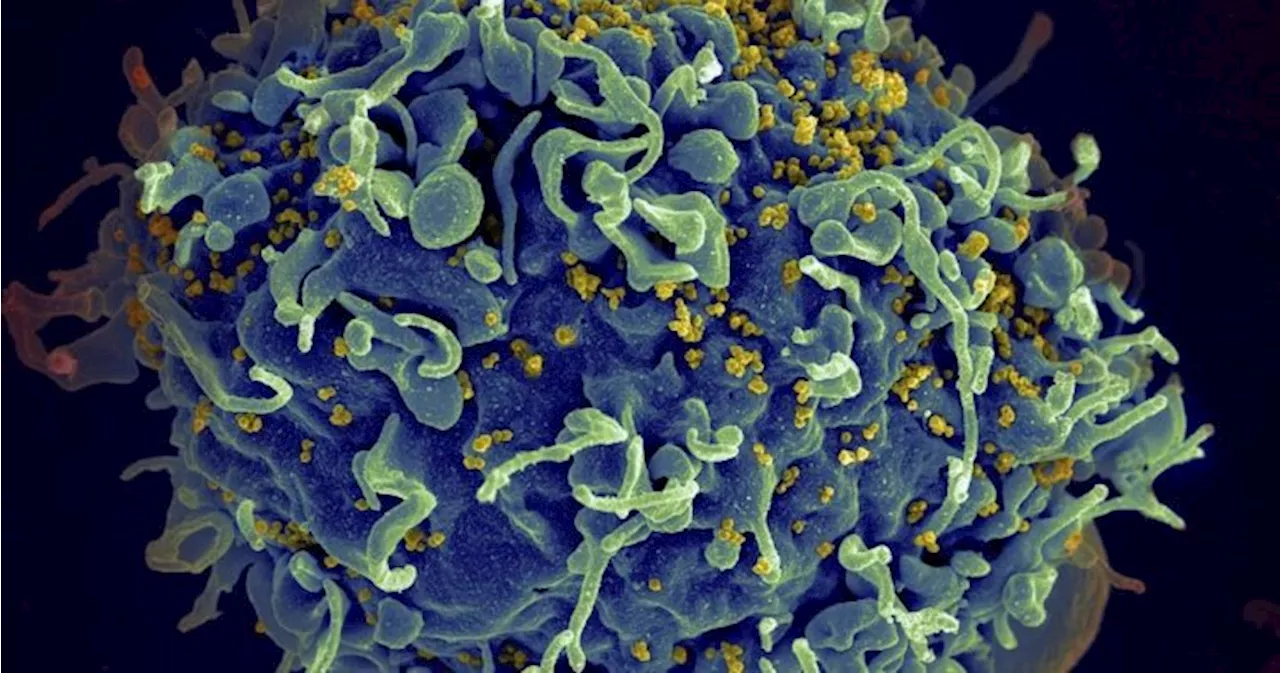Antiretroviral treatment has increased the life expectancy of people living with HIV in British Columbia but a new study shows it is significantly lower for women than men.
RELATED: A new study is tracking the fight to defeat the HIV as a public health threat. Phil Carpenter reports – Dec 1, 2024
The BC Centre for Excellence in HIV/AIDS research paper, published in the peer-reviewed Lancet Public Health, points to an immediate need to address factors such as unemployment and unstable housing that adversely affect the health of women with HIV. The provincewide expansion of antiretroviral treatment combined with the STOP HIV/AIDS program has increased the life expectancy for all, but epidemiologist Katherine Kooij, the paper’s lead author, says it’s “worrying” the improvement isn’t as strong among women.She says the difference is suspected to be due to environmental or social structural factors such as barriers to accessing health care, unemployment, poverty, unstable housing, stigma and discrimination.
Researchers also found that women with HIV had a 33 per cent higher risk of death from noncommunicable diseases such as kidney, liver, and lung disease than men with HIV. The vast majority of those in B.C. being treated for HIV are men, according to the study that tracked 11,738 men and 2,534 women.U.S. flu season sees 15-year peak in doctor visits‘Life-saving’ equipment needed at Alberta Children’s HospitalViewed
Antiretroviral Therapy Health Lifestyle Science
Canada Latest News, Canada Headlines
Similar News:You can also read news stories similar to this one that we have collected from other news sources.
 Life Expectancy Gap Widens for Women Living with HIV in British ColumbiaA new study reveals the stark reality that women with HIV in British Columbia are experiencing a significantly lower life expectancy compared to men, despite the advancements in antiretroviral treatment. The research highlights the urgent need to address social determinants of health that disproportionately affect women living with HIV.
Life Expectancy Gap Widens for Women Living with HIV in British ColumbiaA new study reveals the stark reality that women with HIV in British Columbia are experiencing a significantly lower life expectancy compared to men, despite the advancements in antiretroviral treatment. The research highlights the urgent need to address social determinants of health that disproportionately affect women living with HIV.
Read more »
 HIV Life Expectancy Higher for Men in British ColumbiaA new study from the BC Centre for Excellence in HIV/AIDS reveals that while antiretroviral treatment has increased life expectancy for people living with HIV in British Columbia, women's life expectancy remains significantly lower than men's. The study, published in The Lancet Public Health, calls for addressing social and environmental factors that negatively impact the health of women with HIV, such as unemployment, unstable housing, and stigma.
HIV Life Expectancy Higher for Men in British ColumbiaA new study from the BC Centre for Excellence in HIV/AIDS reveals that while antiretroviral treatment has increased life expectancy for people living with HIV in British Columbia, women's life expectancy remains significantly lower than men's. The study, published in The Lancet Public Health, calls for addressing social and environmental factors that negatively impact the health of women with HIV, such as unemployment, unstable housing, and stigma.
Read more »
 BC Women with HIV Face Shorter Life Expectancy Than Men, New Study FindsA recent study conducted by the BC Centre for Excellence in HIV/AIDS has revealed a concerning disparity in life expectancy between men and women living with HIV in British Columbia. Women with HIV in the province have a significantly shorter life expectancy compared to their male counterparts, highlighting the urgent need to address the unique challenges faced by women living with HIV and develop targeted interventions to improve their health outcomes.
BC Women with HIV Face Shorter Life Expectancy Than Men, New Study FindsA recent study conducted by the BC Centre for Excellence in HIV/AIDS has revealed a concerning disparity in life expectancy between men and women living with HIV in British Columbia. Women with HIV in the province have a significantly shorter life expectancy compared to their male counterparts, highlighting the urgent need to address the unique challenges faced by women living with HIV and develop targeted interventions to improve their health outcomes.
Read more »
 Historic Elevator at Union Club of British Columbia Gets ReplacedThe 112-year-old elevator at the Union Club of British Columbia, known for its unique wood-panelled design and occasional malfunctions, will be replaced with a state-of-the-art system.
Historic Elevator at Union Club of British Columbia Gets ReplacedThe 112-year-old elevator at the Union Club of British Columbia, known for its unique wood-panelled design and occasional malfunctions, will be replaced with a state-of-the-art system.
Read more »
 Mixed Snowpack Results in British Columbia Raise Concerns About DroughtSnowpack levels are above normal in some regions of British Columbia, but below normal in others, raising concerns about potential drought conditions in the coming months.
Mixed Snowpack Results in British Columbia Raise Concerns About DroughtSnowpack levels are above normal in some regions of British Columbia, but below normal in others, raising concerns about potential drought conditions in the coming months.
Read more »
 British Columbia Snowpack Higher Than Last Year, But Still Below AverageDespite above-average snowpack in some areas of British Columbia, including Vancouver Island and the Boundary region, the province-wide snowpack remains below normal levels, raising concerns about potential summer drought.
British Columbia Snowpack Higher Than Last Year, But Still Below AverageDespite above-average snowpack in some areas of British Columbia, including Vancouver Island and the Boundary region, the province-wide snowpack remains below normal levels, raising concerns about potential summer drought.
Read more »
